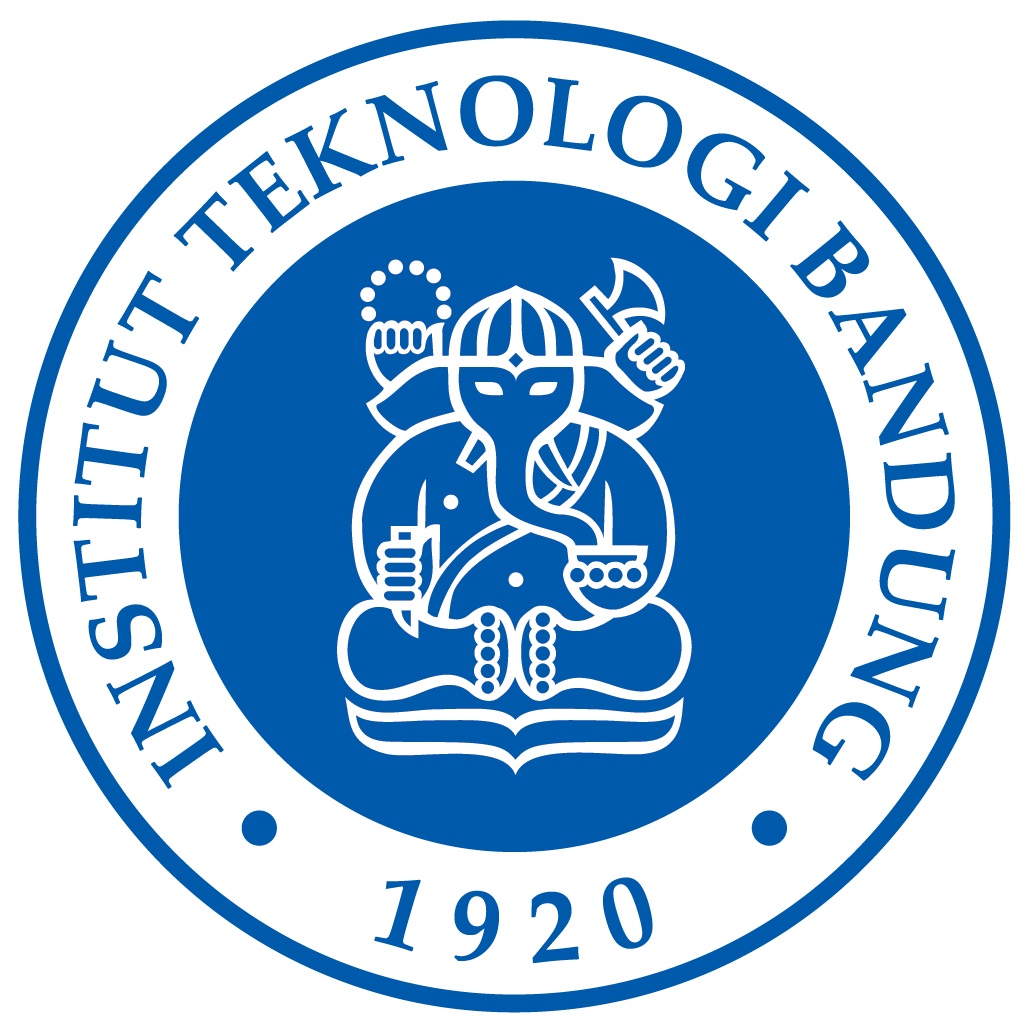

Fifi Fitriyah Masduki
Community service activities organized by the Institute for Research and Community Service, Bandung Institute of Technology (LPPM ITB) in Sabang City on 11-13 June 2024 have succeeded in strengthening the ability of cadres and Medical Laboratory Technologists (ATLM) in dealing with zoonotic diseases. The Bottom-Up Scheme Community Service Event led by Dr.rer.nat Fifi Fitriyah Masduki (FMIPA ITB) is a collaboration between ITB and UPTD Labkesda Sabang City, Exeins Health Initiative (EHI), and the Eijkman BRIN Molecular Biology Research Center to produce training that comprehensive in the form of a one-day seminar and a hands-on workshop in the laboratory for two days.
This training succeeded in achieving its main objective, namely expanding knowledge about zoonotic diseases and increasing ATLM's capabilities in specimen collection, analysis and laboratory confirmation to support the zoonotic disease surveillance system in Sabang City. The training material was delivered by experts from ITB, BRIN, and EHI, including education about zoonotic diseases that have occurred and have the potential to occur in Sabang, considering the large number of wild animals and disease-carrying animals in the area. Practical workshops integrated into the training equip participants with the skills needed to detect and respond to disease outbreaks effectively.
The success of the event was marked by the active participation of 6 community health centers and hospitals (RSUD and RSAL) in Sabang City. This participation shows the strong commitment of ATLMs to improve their capabilities and strengthen the zoonotic disease surveillance system in the region. This program not only increases the capacity of local laboratories, but also strengthens the network of public health laboratories and supports reform of public health implementation in Sabang City. With a more effective surveillance system, Sabang City is now better prepared to detect and control zoonotic diseases, so that public health can be better maintained. This collaboration between agencies and institutions is the key to the success of the program and shows a shared commitment to improving public health in Sabang. In conclusion, this community service activity has succeeded in achieving its objectives and has had a significant positive impact on increasing capacity and preparedness in handling zoonotic diseases in Sabang City.
Educate ATLM regarding zoonotic diseases that already exist and may occur in the Sabang City area with the large number of wild animals and vectors of zoonotic diseases.
This workshop succeeded in equipping participants with the knowledge and skills needed to improve the quality of zoonotic disease surveillance and the application of the One Health concept in their respective work areas, thus contributing to improving public health at large. This program has proven to be effective and is worthy of replication in various other areas with high incidence rates of zoonotic diseases with a profile of areas that still have a lot of forest, where interaction between humans and wild animals is still high, to produce the same positive impact.